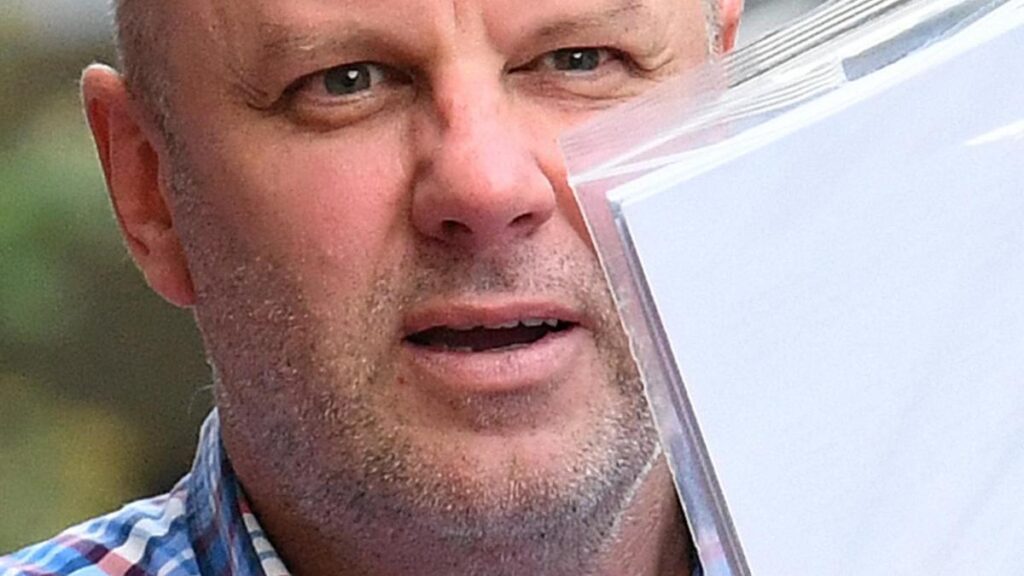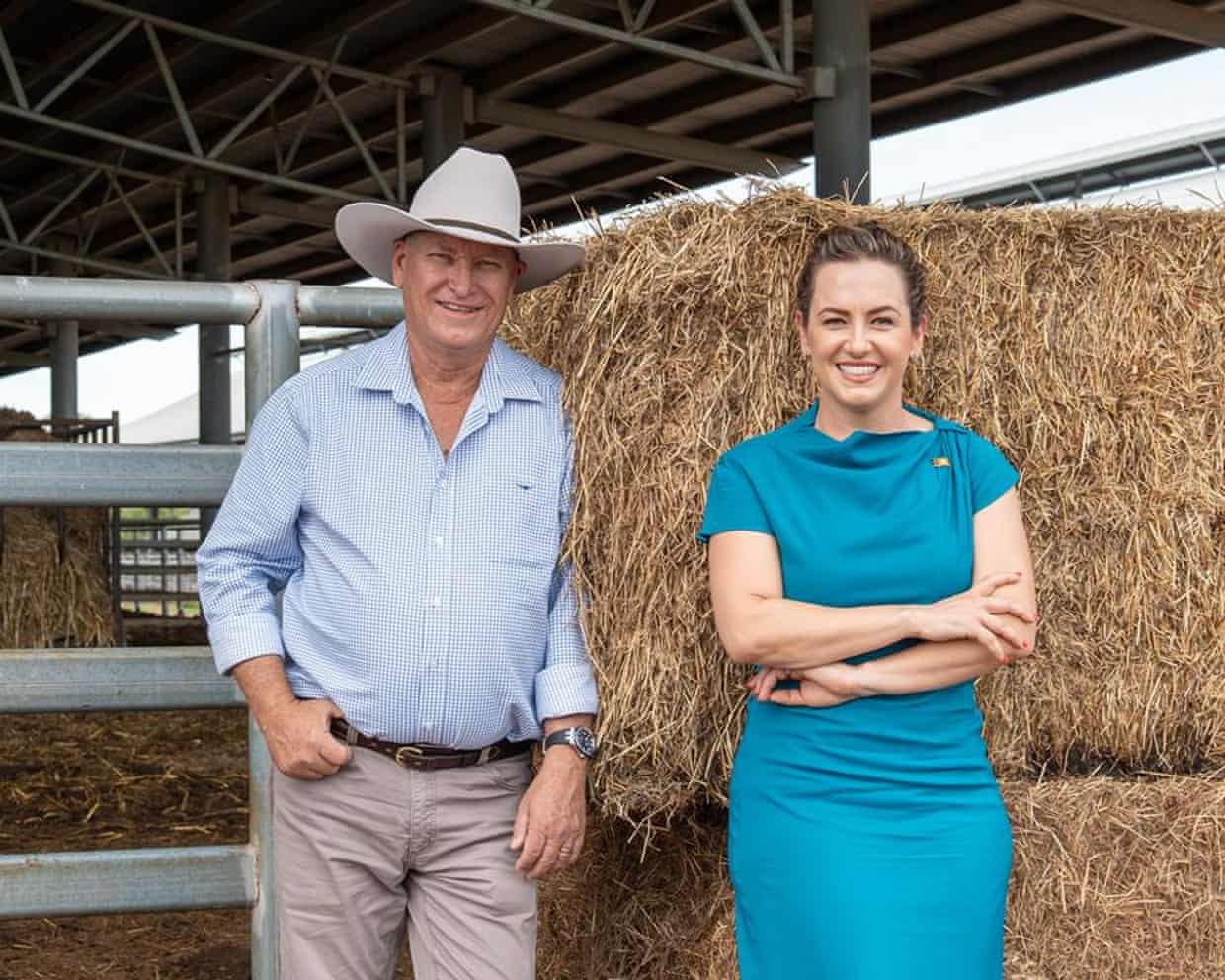
UPDATE: In a shocking turn of events, disgraced doctor Dr. Robert John Ullman has lost his appeal to overturn a 6.5-year prison sentence for trafficking a “breathtaking” amount of prescription drugs to members of the notorious Comanchero outlaw motorcycle gang. The Brisbane Supreme Court confirmed this urgent development just moments ago, underscoring the gravity of Ullman’s crimes.
Ullman, who operated from his Chermside clinic, pleaded guilty to drug trafficking between January 1, 2018, and September 22, 2020, involving over $1.5 million worth of illegal prescriptions, primarily benzodiazepines. Authorities revealed that he facilitated drug sales through unqualified associates, including a gym owner who distributed the drugs in exchange for cash.
The court heard that Ullman sold drugs on 76 occasions to at least 31 individuals, with many transactions occurring during legitimate medical appointments. The severity of his actions was highlighted during the sentencing in April when police discovered cash amounting to $338,760 and a significant quantity of benzodiazepines at his residence and clinic.
Ullman’s appeal, filed six months after his sentencing, aimed to contest his 2028 parole eligibility, arguing that the sentence was “manifestly excessive.” However, the Court of Appeal swiftly dismissed his claims, stating that his legal team failed to provide compelling evidence to support their assertions. Justices Bradley, Doyle, and Wilson emphasized that the sentencing judge had the discretion to determine appropriate parole dates, and Ullman’s case lacked justification for a reduced sentence.
In their published judgment, the justices noted the serious nature of Ullman’s offenses. They pointed out that as a licensed medical professional, he abused the trust placed in him by the public to engage in sustained drug trafficking for commercial gain. Ullman was found to have encouraged customers to seek illicit drugs when he could not supply them, further highlighting the reckless nature of his actions.
The court also acknowledged Ullman’s attempts at mitigation, which included the loss of his medical career, family relationships, and his rehabilitation efforts over the past four years. Nonetheless, these factors were deemed insufficient to alter the sentence or parole eligibility.
Importantly, Ullman has already faced significant professional repercussions. In 2020, the Health Ombudsman suspended his registration, rendering him unable to practice medicine or engage in any healthcare employment.
This developing story serves as a stark reminder of the ongoing battle against drug trafficking and the profound impact on communities. Ullman’s case will continue to resonate, raising questions about the responsibilities of medical professionals and the consequences of breaching public trust.
As this situation unfolds, the public and health officials alike will be on alert for further updates regarding the implications of this ruling and its impact on drug-related offenses in Australia.







